Monster Hunter: World is finally out on Xbox One, PlayStation 4, and PC, and after three exhilarating betas, I bet you’re just itching to dive right in and start hunting! Don’t go getting ahead of yourself, though; the full game is a wildly different beast from the MHW beta.
If you just try and blitz through the story mode, you’re going to hit a solid brick wall rather quickly. Quests won’t reward you with gear, potions, or items like they would in a typical RPG. Instead, you’re left to craft your own gear and potions and whatever other items you may want or need.
Being asked to supply your own gear and items may seem frighteningly daunting, but it can be incredibly rewarding once you slip into the groove of things. In this beginner’s guide, we’ll go over everything you need to know about the hunter’s tools and items, hunting monsters, and upgrading gear. If you follow these tips, you should actually stand a fighting chance when you begin to stumble across tougher monsters.
Let’s dive in, shall we?
The Hunter’s Tools
There are all kinds of tools that hunters employ to take down Monsters, from the weapons they wield to potions, buffs, and traps, to whatever they can cram in their slinger. Finding the right weapon for you and making sure you stay stocked up on important items and materials is essential to being a good hunter.
Find the Right Weapons for You
Each weapon in Monster Hunter: World is drastically different from the last. Many players have gone on to say that picking up a new weapon makes it feel like you’re playing a different game entirely, and they aren’t wrong. The weapons really are just that unique. If you want to learn about them and figure out which ones suit your play style, be sure to check out our weapons rundown.
It’s a good idea to pick out two or three weapons to focus your attention on, especially if you plan on playing online. Having a party full of hunters wielding diverse weapons that synergize with each other makes hunting that much easier, so the more weapons you’re familiar with, the better off you’ll be.
Combine Potions and Items
Once you’ve got your weapons sorted, it’s integral to the success of the hunt that you make sure you’re stocked up with potions and other important items. Potions and other hunter tools are crafted by combining materials found in the wilds. There are tons of different things to craft, from potions that increase your maximum health to elixirs that buff your stamina recovery to antidotes that heal poisoning to flash pods, traps, tranquilizers, bullets, arrow coatings, and much, much more. It would behoove you to take a look at the combination list and see what kinds of items you can make.
Gather Everything All the Time
In order to keep up with all the potions and other items you consume on hunts, you need to make sure you’re gathering the materials. The best way to gather materials is to just do it all the time. Go out on a hunt and just interact with every gathering spot you find until you locate the monster. Rinse and repeat whenever the monster runs away. Since fishing poles, picks, and bug nets are now permanent items that never break, there are no excuses for passing up gathering spots anymore. Just hoard absolutely everything, and you’ll be in a much better spot for it, I guarantee it.
Complete Deliveries to Upgrade the Town
While exploring the main hub town of Astera, you’ll run into villagers who have special requests for a hunter such as yourself. Sometimes these villager requests involve an optional quest, while other times they ask for materials and resource points. Completing these deliveries and quests unlocks and upgrades special features in Astera, such as extra Canteen meals and a special farm. Each and every one of these town upgrades will help you be a better hunter, so be sure to complete all of your deliveries and villager requests.
The Hunt
Once you’re properly prepared, it’s time to go on a hunt. Hunts come in the form of several different types of quests and expeditions. Once you decide what type of quest to go on, you begin the hunt by tracking down the monster, beating it up, and carving it for precious materials.
Types of Quests
There are several different types of quests in Monster Hunter: World, and each serves its own purpose.
- Assigned – These quests are required to progress the story. An Assigned Quest can only be completed once but will appear as an Optional Quest as soon as it’s finished.
- Optional – As the name would imply, these are all the optional quests. Villager Requests and finished Assigned Quests will appear here.
- Investigations – These are optional quests that gradually open up throughout the game. They give extra materials, zenny, and resources, but can only be attempted a limited number of times and often have challenges tied to them. You have to accept Investigations at the Resource Center before you can access them on the Quest Board.
- Event – These are quests that are only available for a limited time. They are online-only quests, so while you could do them solo, it’s recommended you bring a friend or three.
- Bounties – These are optional tasks that you can pick up at the Resource Center. They vary from standard gathering tasks to random hunting quotas. You can pick up six of them at a time and complete them while doing other, actual quests.
- Expeditions – These aren’t technically quests, but rather a special mode of play where you can explore a map and hunt monsters without a pesky time limit.
- Arena – Special quests where up to two players can fight in an arena in order to kill a monster as fast as they can. The clear time gets put on an online leaderboard.
Utilize the Scout Flies
The Scout Flies will help guide you towards a monster after tracking it enough. But did you know you can upgrade your Scout Flies’ ability to track each monster? This is done simply by examining a monster’s tracks, even if your tracking meter is full.
Additionally, the Scout Flies can track any large monster you want, not just the quest objective. If you open up the map, you can select any monster you’ve begun tracking in the bottom-left corner — or simply select their icon on the map itself — to track them.
Pick Up Shiny Parts and Carve Monsters
Don’t forget to pick up the shiny parts that you break off of large monsters while fighting them. They are tiny and easy to miss, but if you pay attention to your scout flies, you should get most of them.
Any tails you cut off are marked on the map and should be carved for rare monster parts. All small and large monsters you kill should also be carved. Don’t discriminate on monster parts, seriously. You need absolutely all of them.
Upgrading Gear
Once you fight a few large monsters and collect their parts, it’s time to start thinking about making new gear. You’ll know you’re overdue for it if you fight a new monster and get your butt handed to you on a silver platter. In order to stand a fighting chance against them, you’ll need to craft and upgrade your armor and weapons.
Crafting and Upgrading Armor
You can craft and upgrade everything at the Smithy. Crafting new armor involves using monster parts and various other materials. If you don’t have the parts you need, you can add armor pieces to your wishlist, and you’ll receive a notification when you get the materials.
You can upgrade your armor to give it a bit of longevity as you make your way through the game. This is done at the Smithy using items called Armor Spheres, which are a reward for Bounties.
Crafting and Upgrading Weapons
You can modify weapons at the Smithy. You need monster parts and various other types of materials in order to both craft and upgrade them. Unlike armor, however, weapons have their own upgrade trees. Rather than just flat out increasing their power level, you have the choice of upgrading weapons down different paths, adding additional effects such as status ailments, elemental attacks, and better affinity, among other things.
Upgrading Kinsects
If you’re using the Insect Glaive, make sure you upgrade your Kinsect alongside it. You can upgrade your Kinsects by Nurturing them at the Smithy. Rather than needing nectars like in previous games, though, you can upgrade your Kinsect with monster parts and various other materials. You don’t even need to worry about saving Kinsect upgrades for better Glaives anymore since you can swap them seamlessly between any of your Insect Glaives.
—
And with all that, you know everything you need to know to survive the hunt. Take your time, craft your gear right, and you should do just fine. Be sure to check back with GameSkinny for more Monster Hunter: World guides coming your way.
- Monster Hunter: World Guide — Nergigante’s Weakness
- Monster Hunter: World Guide — How to Mount Monsters

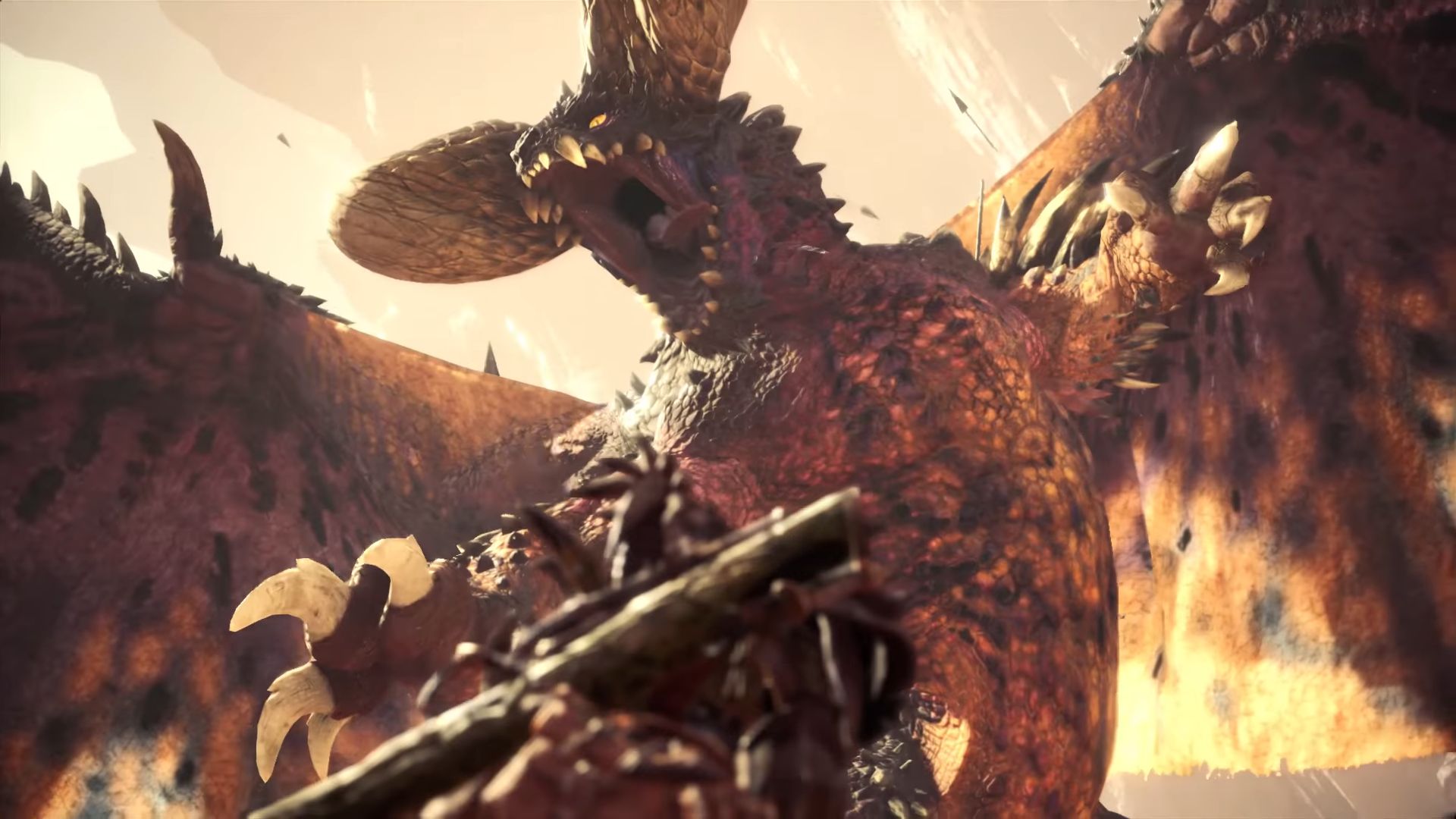
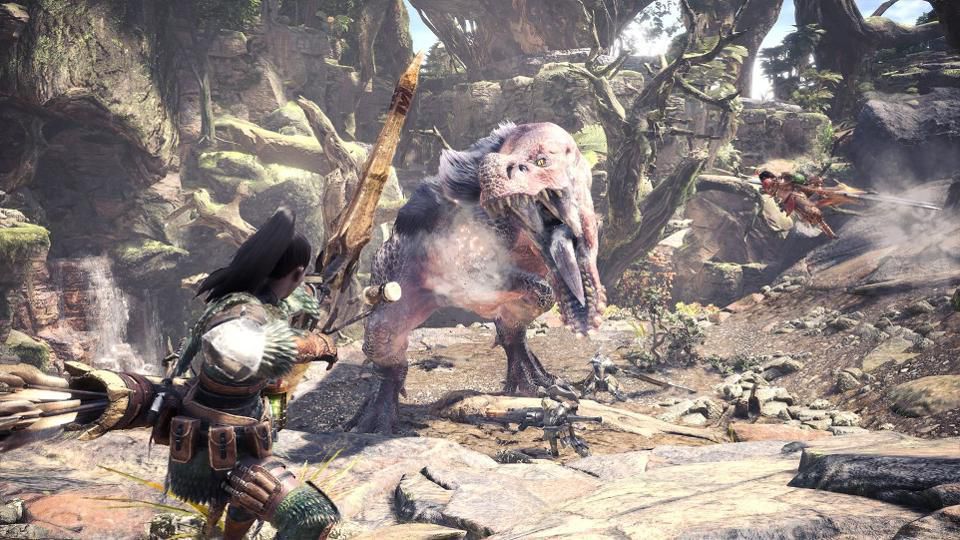
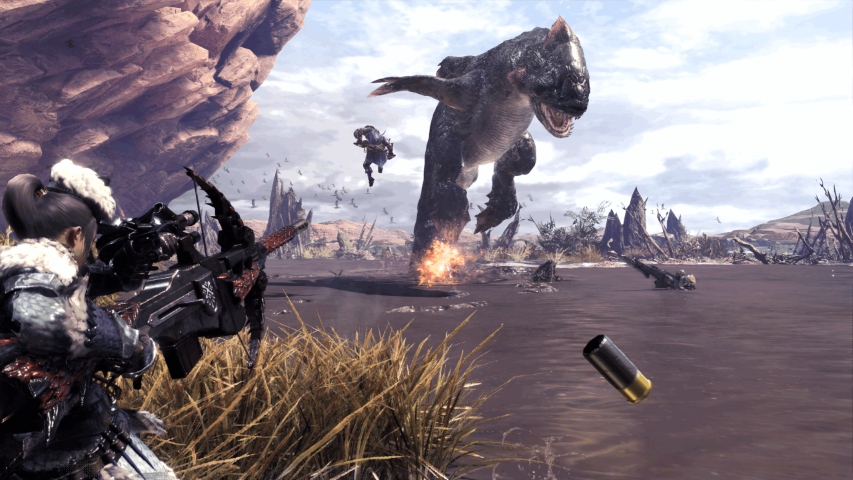
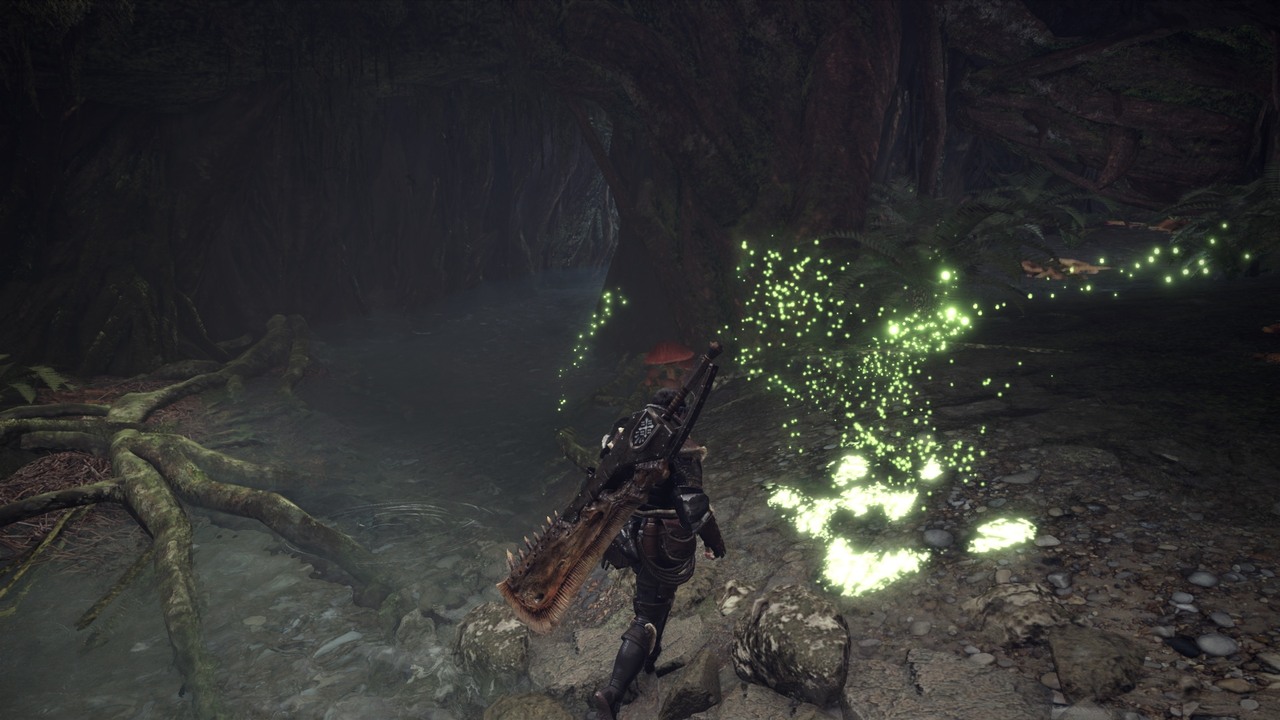
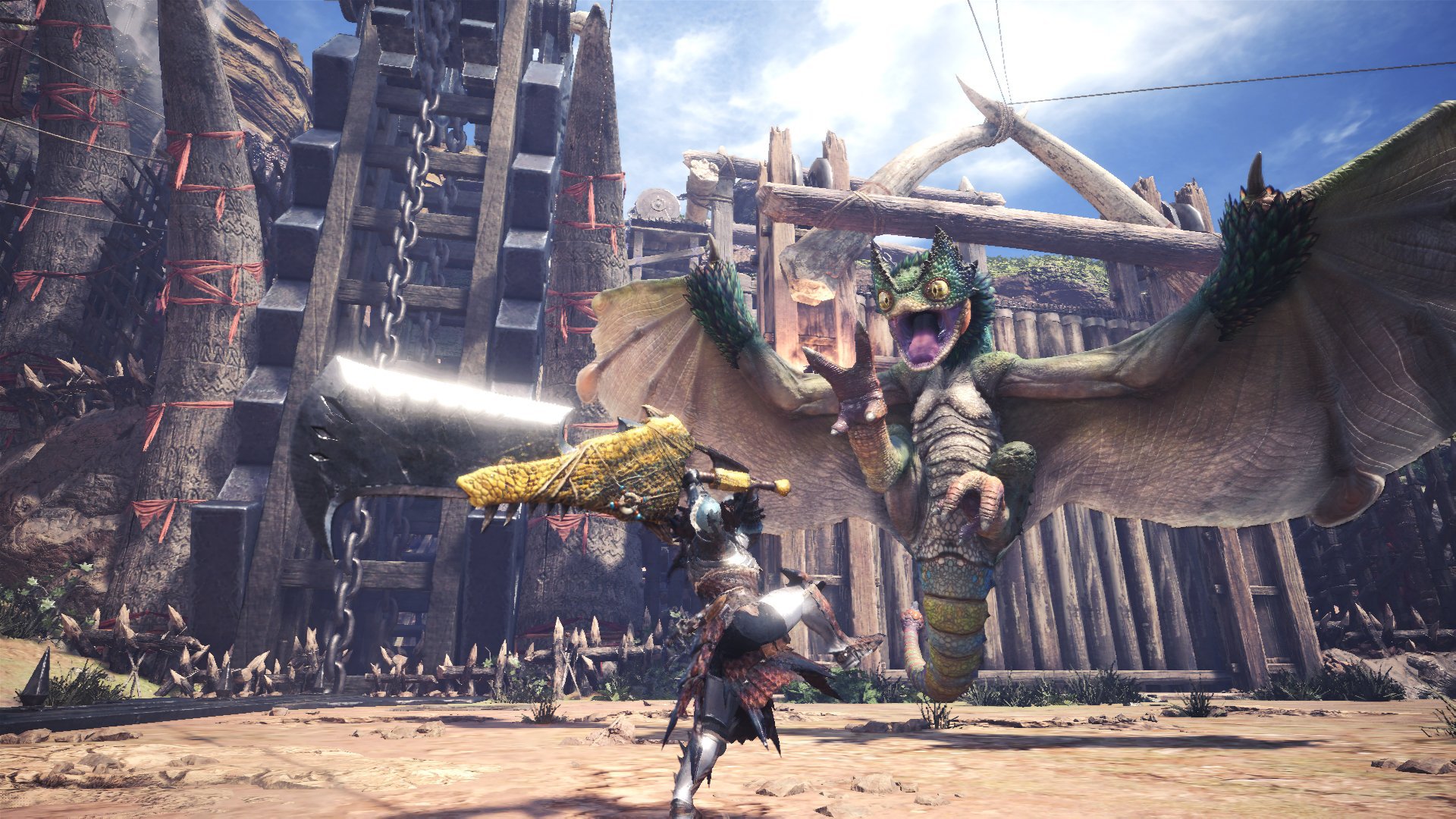
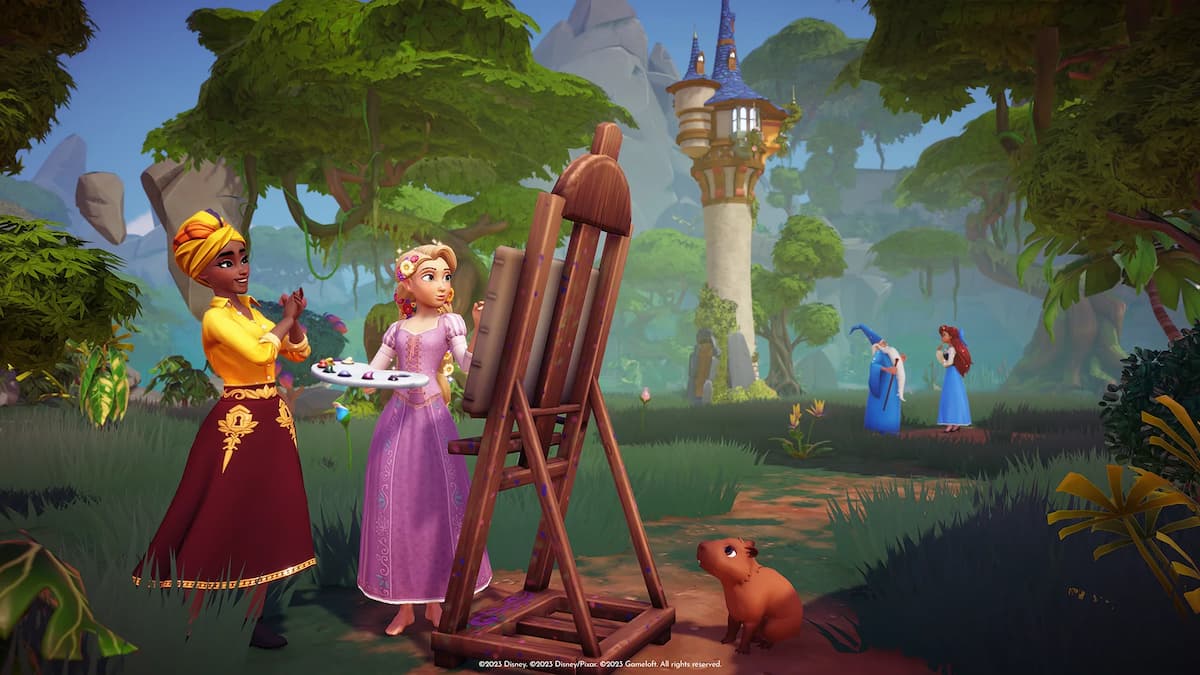
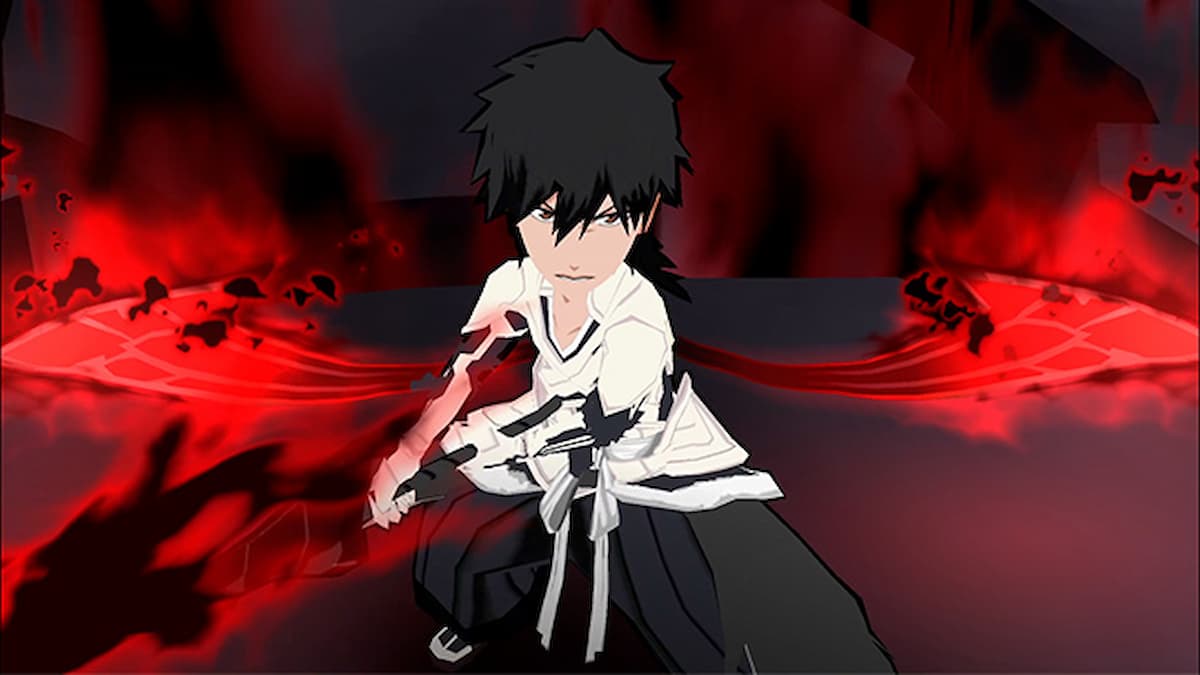
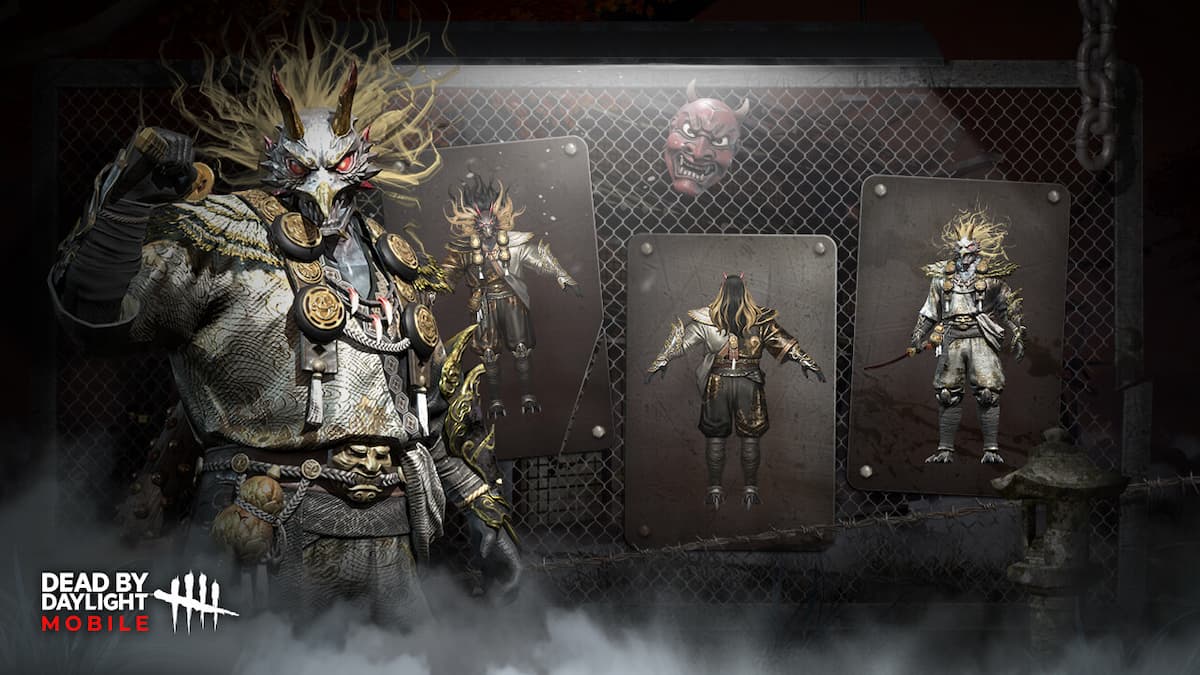


Published: Jan 25, 2018 08:10 pm